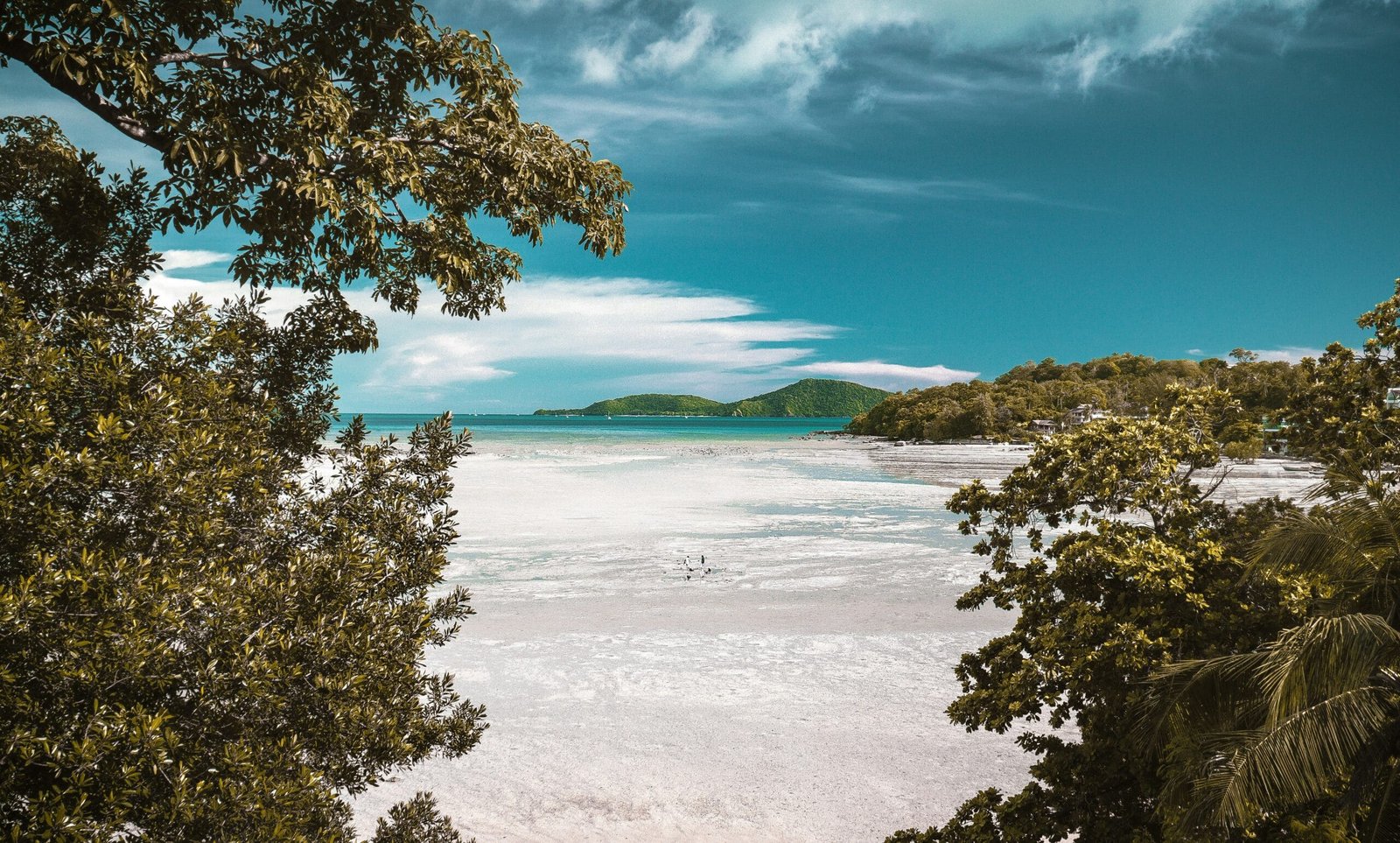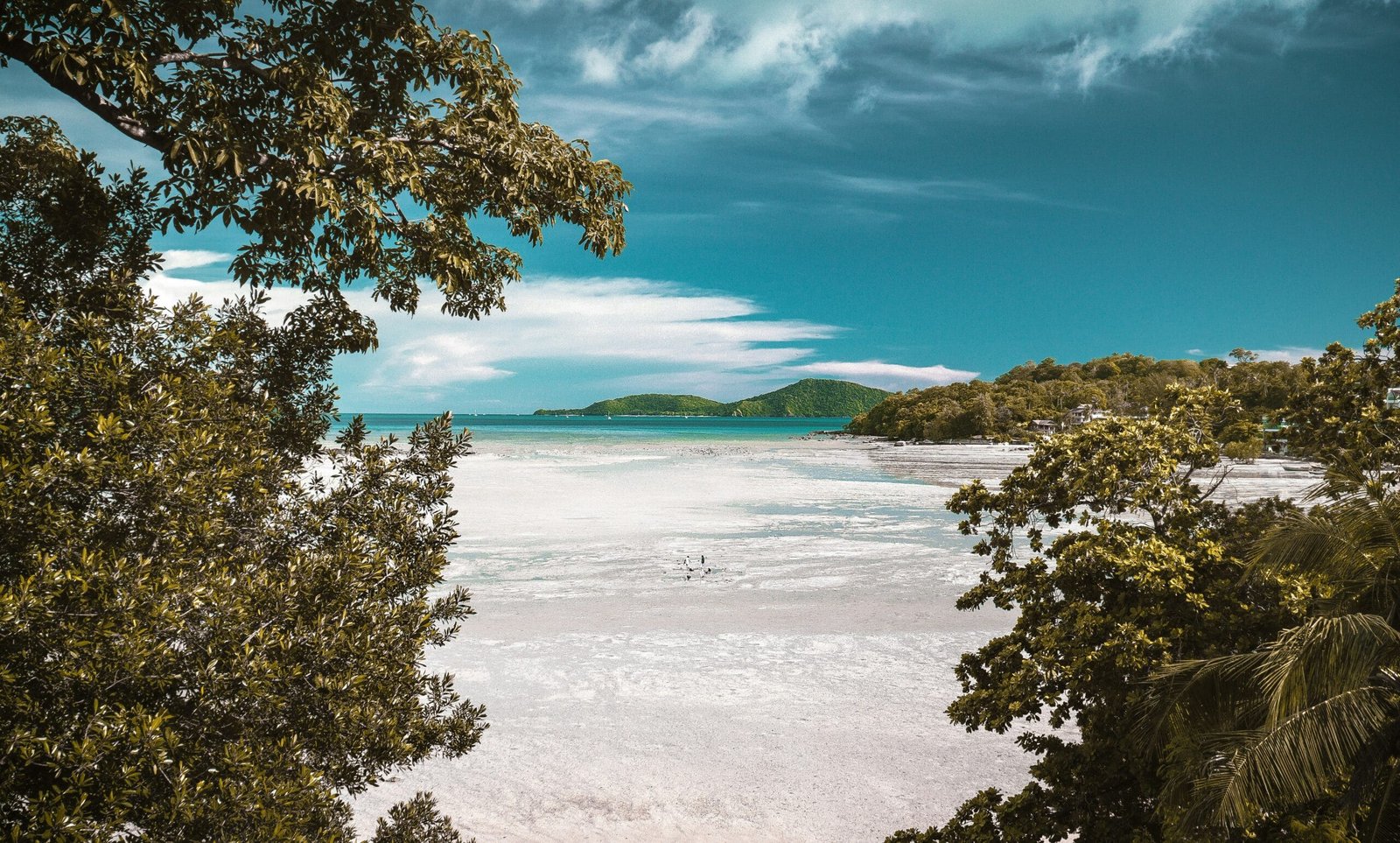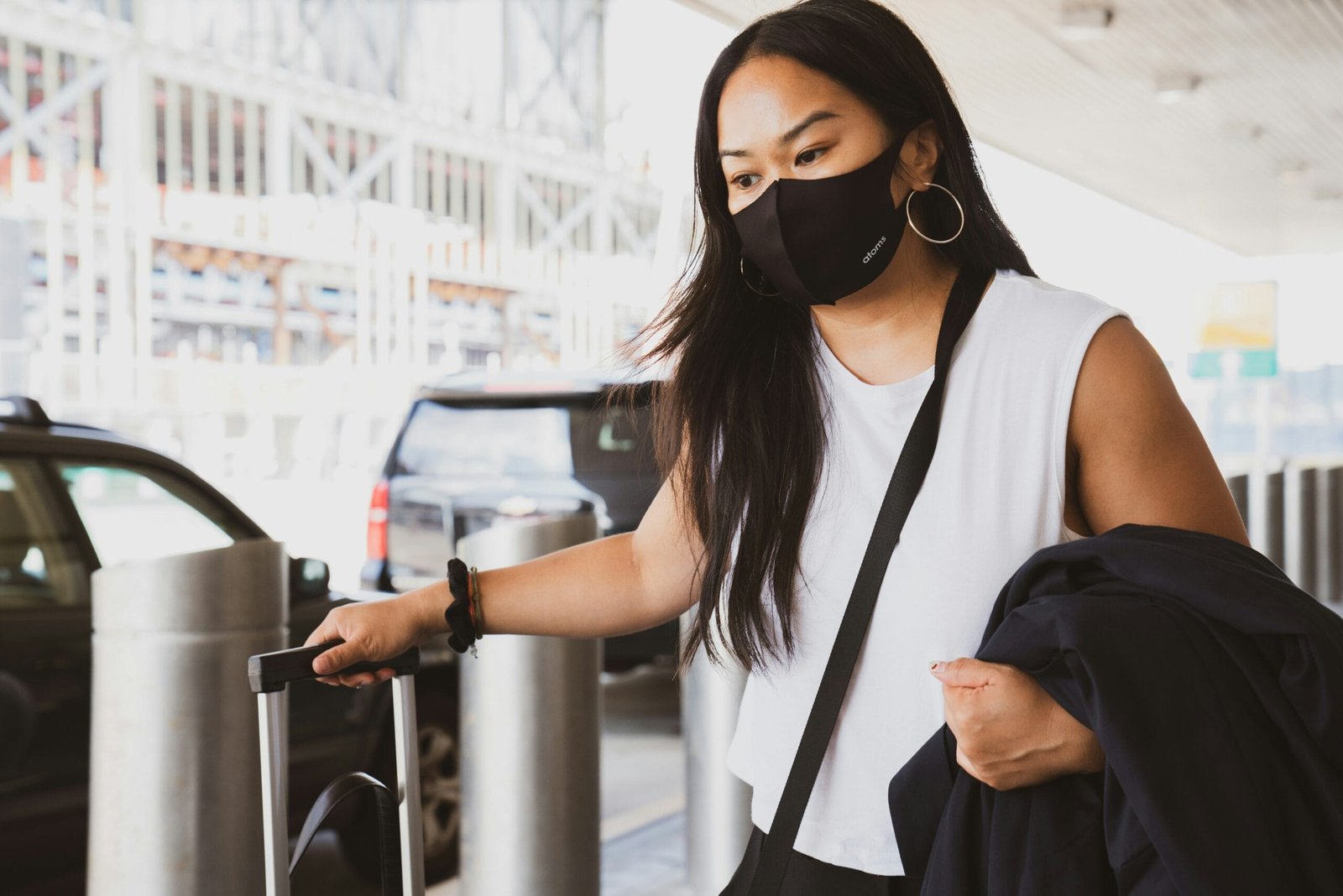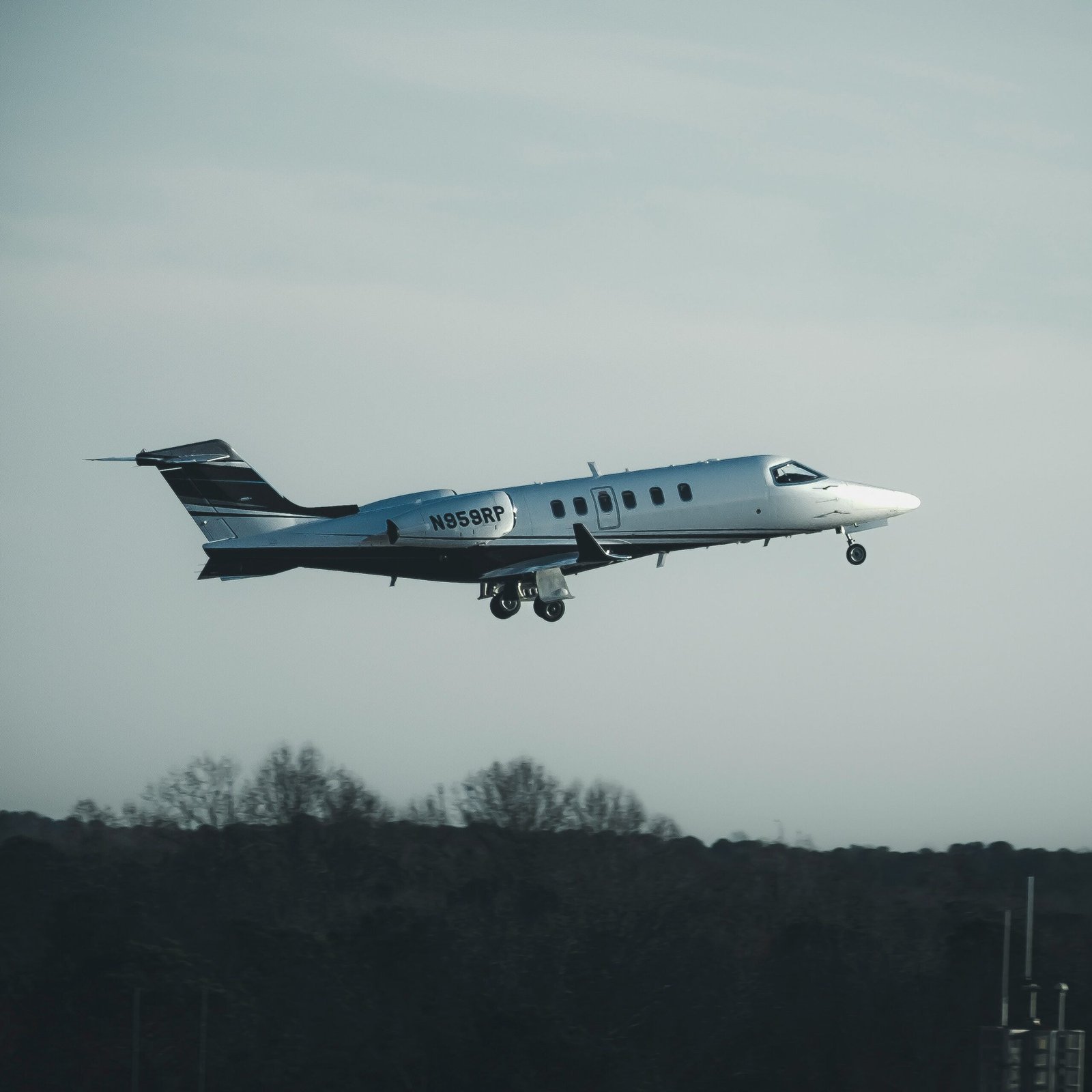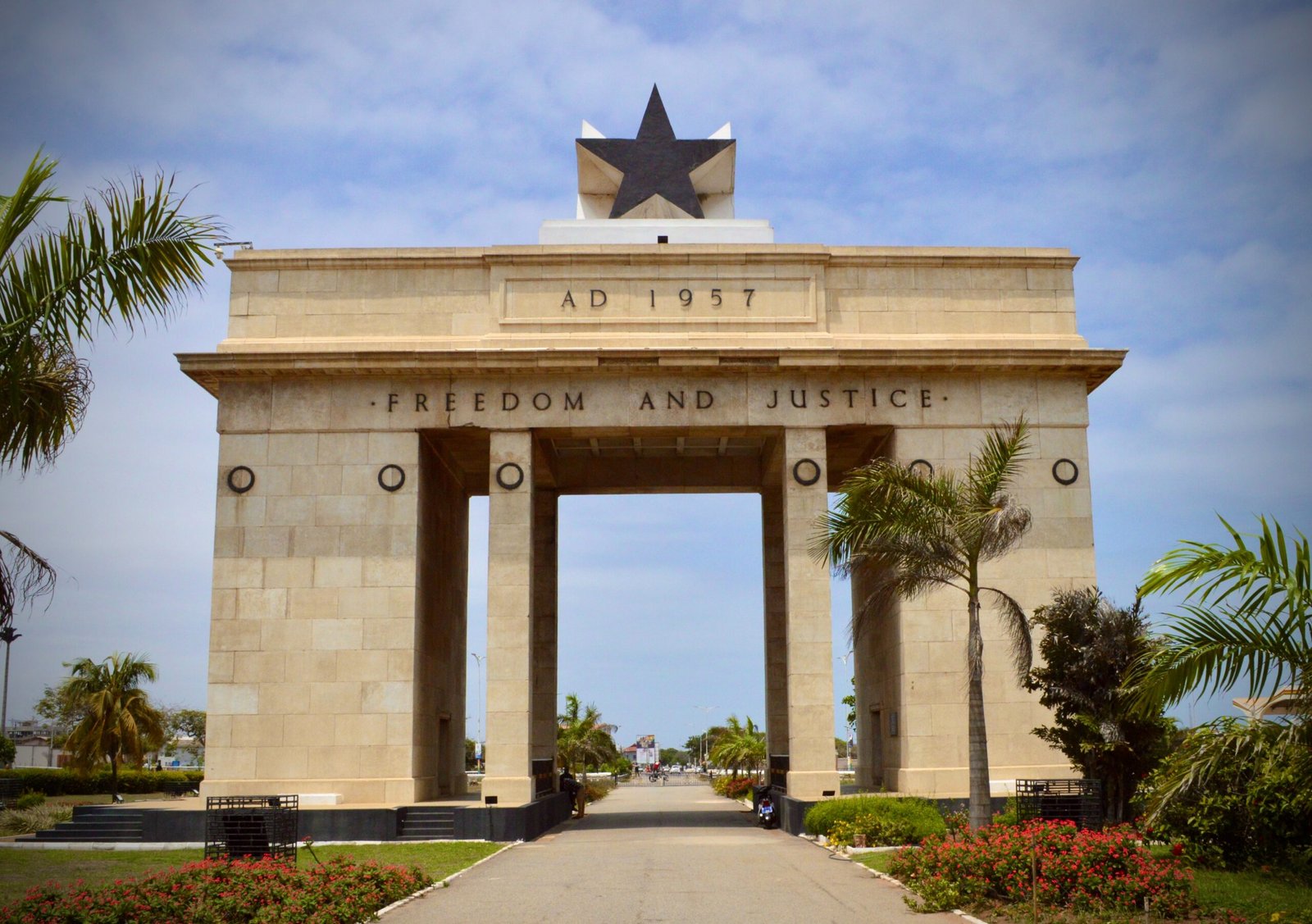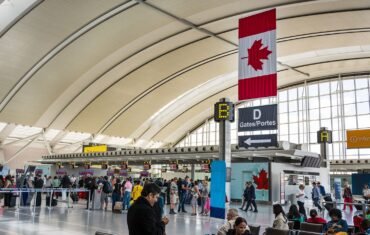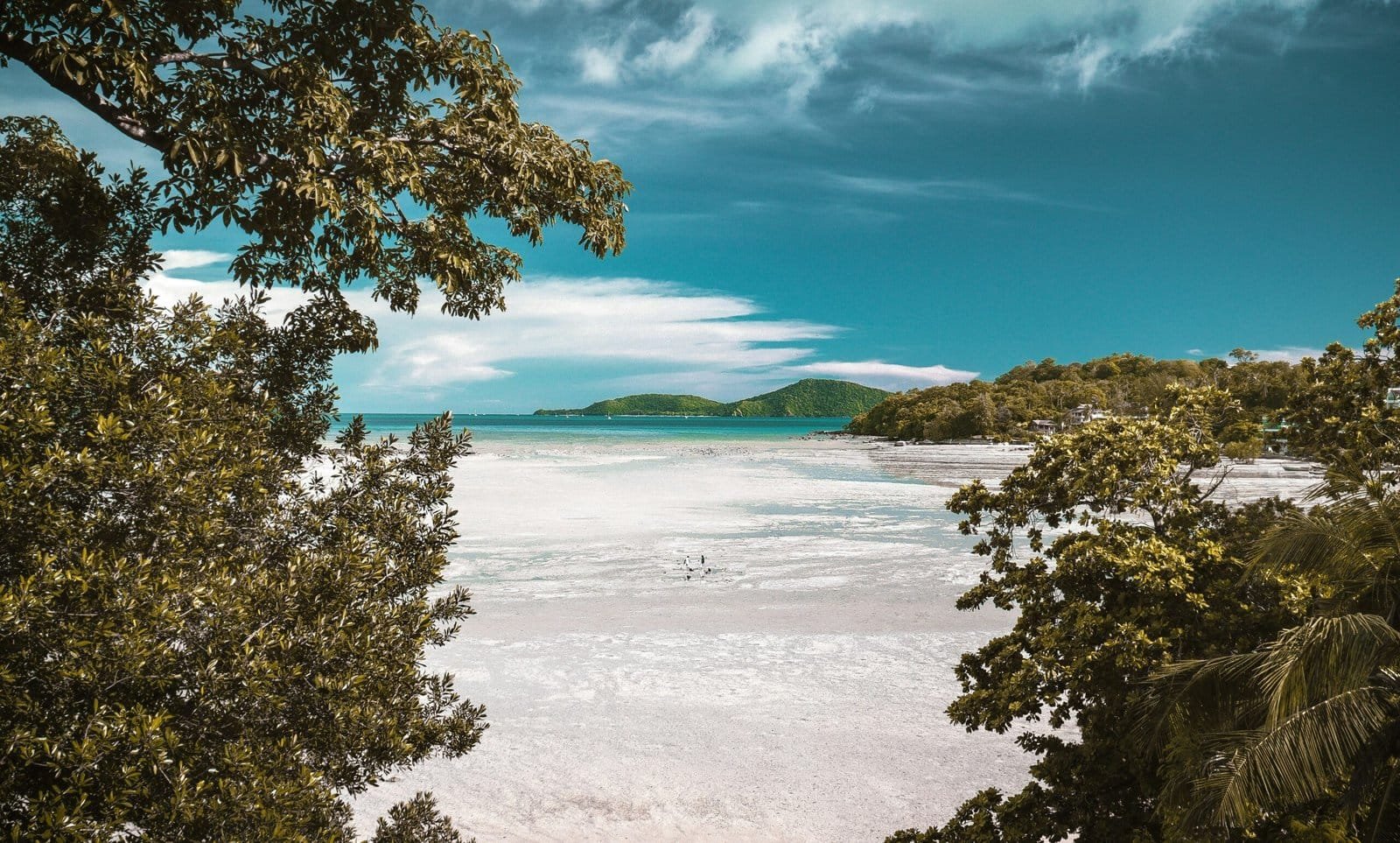
Understanding Hurricane Season
Hurricane season represents a period marked by the increased likelihood of hurricanes—intense tropical storms characterized by strong winds and heavy rainfall. In the Atlantic and the Gulf of Mexico, this season generally occurs from June 1 to November 30. During this time, warm ocean waters, combined with varying atmospheric conditions, provide the necessary ingredients for the formation and intensification of hurricanes.
The formation of hurricanes is significantly influenced by several meteorological factors, including sea surface temperatures, humidity levels, and wind patterns. As the ocean water warms, it fuels the storm systems, leading to the development of low-pressure areas. Such conditions can escalate into tropical storms or hurricanes if they strengthen sufficiently under favorable wind conditions. Understanding these meteorological processes is essential for travelers, as hurricanes can disrupt travel plans and pose safety risks.
Geographic locations most affected by hurricanes include territories along the Atlantic coast, such as Florida, Louisiana, and Texas, as well as islands in the Caribbean. Regions in these areas can experience not only hurricanes but also associated phenomena like heavy rains and storm surges. Various locations are prone to different risks based on their topography and proximity to the ocean, necessitating increased awareness before planning travel during this season.
Additionally, the typical duration and characteristics of hurricane season can vary in different regions. For instance, the Eastern Pacific hurricane season runs from May 15 to November 30, slightly ahead of the Atlantic season, while specific geographic features can influence storm behavior. Travelers should therefore stay informed about these timelines and seasonal dynamics to better prepare for potential impacts on their travel itineraries.
Should You Travel During Hurricane Season?
Traveling during hurricane season, which typically spans from June to November in the Atlantic, presents a blend of advantages and disadvantages that potential travelers should carefully consider. On one hand, this period can yield attractive travel deals. Airlines and hotels often reduce prices to entice customers during these months, due to an expected decrease in tourist demand. Travelers seeking budget-friendly options may find substantial discounts, which can offset some of the inherent risks associated with this season.
However, the risks involved in traveling during hurricane season should not be underestimated. Destinations prone to hurricanes may experience extreme weather events, possibly leading to canceled flights, closed attractions, and disrupted itineraries. Travelers should stay informed about the weather forecasts and potential hurricane threats to ensure their safety. Moreover, insurance policies may not cover cancellations or delays caused by hurricanes, making it crucial for travelers to read the fine print and consider travel insurance options that safeguard against weather-related cancellations.
Flexibility in travel plans becomes vital when choosing to travel during this seasoned period. Unexpected weather changes can alter flight schedules and road conditions, necessitating a willingness to adapt plans as circumstances unfold. Travelers might consider destinations known for having lower hurricane risks or plan trips with a higher level of spontaneity, allowing for potential changes based on weather conditions. Proper preparedness, such as purchasing non-refundable hotel accommodations and understanding local emergency protocols, can be essential steps in ensuring a safe travel experience during hurricane season.
Ultimately, the decision to travel during hurricane season hinges on weighing potential savings against the inherent risks involved, while being prepared for the unpredictability that the weather brings.
5 Ways to Safeguard Your Travel
Traveling during hurricane season requires careful planning and precautionary measures to ensure personal safety and a smooth travel experience. Here are five practical tips that travelers should consider to safeguard their journeys amidst the uncertainty of hurricanes.
First and foremost, staying informed about weather updates is essential. Utilize reliable weather sources such as the National Hurricane Center or local news outlets to monitor hurricane forecasts and warnings. Setting up weather alerts on your mobile device can further enhance your preparedness, allowing you to receive real-time updates and make quick decisions based on the latest information.
Choosing destinations wisely is equally crucial. Prior to finalizing travel plans, check the hurricane history of potential locations. Consider avoiding areas that are prone to tropical storms during hurricane season. For instance, opting for inland destinations that are less likely to be affected can provide safety and peace of mind.
Maintaining flexible travel plans is another viable strategy. Many airlines and hotels offer options to change or cancel reservations without hefty fees, especially during hurricane season. Booking travel arrangements with flexibility in mind enables you to adjust your itinerary swiftly if a hurricane threatens your chosen destination.
Equipping yourself with an emergency kit can be a lifesaver during unexpected situations. This kit should include essentials such as water, non-perishable food, first aid supplies, flashlights, and necessary medications. Preparing a travel-specific emergency kit ensures you are ready to deal with any unforeseen circumstances should a storm arise.
Finally, it is critical to know evacuation routes in advance. Familiarize yourself with the local emergency management plans of your travel destination. Studying evacuation maps will aid in efficiently navigating away from danger should a hurricane alert be issued during your visit. Being informed about evacuation protocols can significantly reduce stress during an emergency.
Always Book Travel Protection!
Understanding the significance of travel insurance, especially during hurricane season, is crucial for any traveler. This insurance plays a vital role in providing peace of mind, as it can mitigate financial losses stemming from cancellations or disruptions due to severe weather. When planning your trip during this volatile time, securing travel protection should be a top priority.
Travel insurance policies typically offer various types of coverage that are particularly relevant when it comes to hurricane season. These include trip cancellation insurance, which can reimburse you for non-refundable expenses if the trip is canceled due to a hurricane, and travel delay coverage, which can help recover costs incurred if your travel plans are interrupted by severe weather. Additionally, some comprehensive policies may include emergency evacuation coverage, ensuring that you can leave a dangerous situation safely and promptly.
However, not all travel insurance policies are created equal. It is essential to select a reputable insurance provider known for their reliability during crisis situations. Conduct thorough research by reading customer reviews and comparing policy offerings. Look for providers that specialize in travel insurance, as they often have tailored policies that cater to specific needs during the hurricane season.
When choosing a travel insurance policy, consider key factors such as coverage limits, exclusions, and deductibles. Ensure that the policy explicitly mentions coverage for natural disasters, including hurricanes. Knowing what is and isn’t covered will enable you to make an informed decision and better prepare for unexpected events. Ultimately, prioritizing travel protection will enable travelers to enjoy their trips with assured security against the unforeseen challenges presented by hurricane season.
Booking Your Travel Through a Travel Agency
When planning a trip during hurricane season, utilizing a professional travel agency such as Bonne Vacances can significantly enhance your travel experience. One of the foremost advantages is the personalized service that travel agents offer. Unlike online booking platforms, agents take the time to understand your specific needs, preferences, and concerns. This tailored approach ensures that you not only find suitable accommodations but also receive recommendations that align with your travel style and safety considerations.
Another critical benefit of engaging with a travel agency is their expert knowledge of destinations, particularly during hurricane season. Travel agents monitor weather patterns and regional advisories, equipping them with the information necessary to guide their clients in making informed decisions. Their experience in assessing risks associated with specific locations can help you select safer destinations or, in some cases, prompt you to postpone travel to high-risk areas. Such insights can prove invaluable as they give travelers a clearer picture of potential threats and safe alternatives.
Additionally, travel agencies provide essential assistance with travel insurance, which is particularly important during unpredictable weather events. A good travel agent can help you navigate various insurance options to ensure that you are adequately covered for unexpected cancellations or disruptions caused by hurricanes. This proactive measure adds a level of security that travelers booking independently may overlook.
Moreover, in the event of unexpected changes or cancellations, having a travel agent at your side can alleviate significant stress. They can negotiate new arrangements quickly, facilitating changes to itineraries or accommodations without excessive delays. Thus, booking through a travel agency not only facilitates a smoother planning phase but also ensures peace of mind during your journey.
Contact Information for Bonne Vacances
For those seeking expert guidance and support while planning their travels during the hurricane season, Bonne Vacances Travel Agency offers a wealth of resources. It is crucial to ensure that your travel plans remain safe and enjoyable, even amidst unpredictable weather conditions. Bonne Vacances is equipped to provide personalized travel advice tailored to your specific needs and preferences.
To connect with Bonne Vacances, you can reach out via telephone at 816-786-1633. This direct line enables travelers to engage in real-time discussions regarding their travel plans, ask questions about safety measures, and receive recommendations for safe destinations during the hurricane season. Our knowledgeable team is dedicated to providing the most reliable information to help you make informed decisions.
If you prefer written communication, you can send an email to bonnevacancestravel@gmail.com. Our team regularly monitors this email account and is committed to responding promptly to inquiries. Whether you require assistance with booking, modifying itineraries, or seeking updated information about potential weather disruptions, your email will connect you with experienced professionals ready to assist you.
Additionally, we encourage visitors to explore our comprehensive website at bonnevacances.fun. The website serves as a valuable resource, offering insights into various travel packages, safety protocols, and expert tips specifically focused on traveling during hurricane season. Utilize the website to access articles, guides, and contact forms, ensuring that you have a thorough understanding of safe travel practices.
Bonne Vacances Travel Agency is committed to ensuring that your travel experiences are safe and enjoyable. We welcome any questions you may have and are here to support you in navigating your travel options through unpredictable weather patterns.
Emergency Preparedness Checklist
Traveling during hurricane season requires thorough preparation to ensure safety and minimize potential disruptions. An effective emergency preparedness checklist is essential for every traveler. Begin with assembling an emergency kit containing essential items. This kit should include a flashlight, extra batteries, a first aid kit, non-perishable food, bottled water, and any necessary medications. Additionally, include items like a whistle to signal for help, a multi-tool, sanitation supplies, and personal identification.
Communication is crucial during emergencies. It is advisable to develop a communication plan before traveling. Inform family or friends of your travel itinerary and ensure that they know how to reach you during your journey. Keep a list of emergency contacts readily accessible, and consider downloading relevant emergency apps that provide updates on weather conditions and local alerts. Having a portable charger can also be a vital asset, as it ensures that you maintain battery life on your mobile devices for communication.
Stay informed about the local resources available in your travel destination. Familiarize yourself with the nearest shelters, hospitals, and emergency management offices. It is important to monitor local news and weather updates regularly and be aware of the evacuation routes and procedures in case a hurricane directly impacts your location. This proactive knowledge can play a pivotal role in keeping you and your companions safe.
Finally, developing contingency plans cannot be overstated. Establish a plan outlining what to do if faced with adverse weather, including where to seek shelter, how to modify travel itineraries, and arrangements for transporting pets. As a traveler, being prepared for unforeseen circumstances ensures that you can react swiftly and effectively should a hurricane occur during your trip.
Traveling with Kids During Hurricane Season
Traveling during hurricane season can present various challenges for families with children. It is vital to approach this situation with careful planning and communication to ensure the safety and well-being of young travelers. The first step in preparing your kids for travel during this period is to discuss the potential risks associated with hurricanes in an age-appropriate manner. For younger children, emphasizing safety can be as simple as explaining that storms can cause heavy rain and wind, while older children may benefit from a more detailed conversation about preparedness and emergency plans.
Familiarizing your children with emergency procedures is crucial. Ensure that they understand what steps to take should a hurricane threaten their location. Create a simple plan that outlines evacuation routes, safe places to shelter, and the importance of staying with the family unit during emergencies. Role-playing different scenarios can help reinforce these concepts and make them less intimidating. It’s also beneficial to equip your children with essential contacts, such as a trusted family member’s number, that they can reach out to if you get separated.
Amidst the uncertainty of hurricane season, keeping children engaged and comfortable during potential disruptions is paramount. Bring along a travel kit filled with their favorite activities, games, and snacks to help them cope with any delays or changes to your travel itinerary. Portable gaming devices, coloring books, and audiobooks can aid in keeping them entertained during long waits or unexpected challenges. Additionally, maintaining a routine as much as possible can provide a sense of normalcy and reassurance to children during turbulent times.
By combining open communication and thorough preparation, families can enhance their travel experience during hurricane season. This proactive approach ensures that children understand the importance of safety while also easing potential anxieties associated with weather-related disruptions.
Real-Life Travel Experiences During Hurricane Season
Traveling during hurricane season can be a daunting prospect, and personal narratives from those who have endured such experiences can offer invaluable insights. One traveler, Jane Smith, found herself vacationing in Florida when Hurricane Elsa unexpectedly changed course and headed towards her destination. Jane recalls feeling a mix of anxiety and confusion. “I had heard about hurricane preparedness, but to actually be in the path of one was entirely different,” she noted. Fortunately, Jane had purchased travel insurance, which provided her with additional peace of mind. She emphasized the importance of keeping track of weather updates and having a plan in place should evacuation be necessary.
Another traveler, Mark Johnson, shared his story of visiting the Caribbean during hurricane season. While enjoying the local culture, he learned that a hurricane warning had been issued. “The resort staff were incredibly helpful and informed us about the safety protocols,” he recounted. Mark suggested that travelers familiarize themselves with emergency procedures specific to their accommodations, as different establishments may have varying protocols for such situations. He also highlighted the significance of staying calm and being adaptable to changing circumstances. “Your travel experience doesn’t have to be ruined,” he said, “if you approach challenges with flexibility.”
Additionally, Emily and David, who traveled to Puerto Rico during a storm warning, shared their experience with proactive measures. They had pre-arranged accommodations in a sturdy building away from flood-prone areas. “We felt empowered by taking the right steps,” David stated. They advocated for maintaining communication with local authorities and following their guidance diligently. These narratives affirm that while traveling during hurricane season can present risks, being prepared and informed can mitigate potential dangers and enhance the travel experience.
